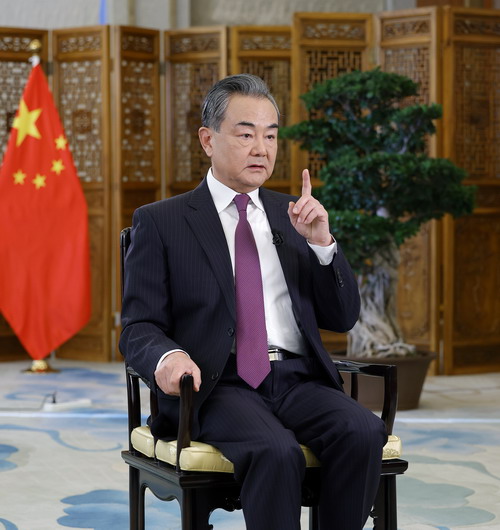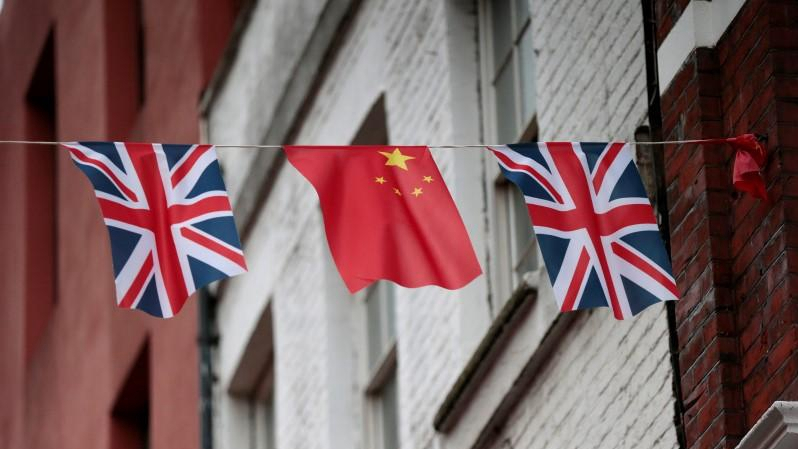Francis Tuschek, Tokyo
China’s Foreign Minister, Wang Yi, expressed deep concern over comments made by Japan’s Prime Minister Sanae Takaichi regarding Taiwan, deeming them “shocking” in a statement released on Sunday. This incident marks a significant escalation in diplomatic tensions that have persisted for more than two weeks.
Wang, the highest-ranking Chinese official to address the situation publicly, criticized Japan for allegedly crossing a “red line” with its statements. He accused Takaichi of suggesting that Japan might intervene militarily if China were to attack Taiwan, following her comments on November 7 during a parliamentary session.
The escalating dispute, the most serious between China and Japan in recent years, has begun to impact trade and cultural relationships. On Friday, China brought the matter to the attention of U.N. Secretary-General Antonio Guterres, reiterating its commitment to defending its interests.
China regards Taiwan, a self-governing democracy, as part of its territory and has not dismissed the potential use of force to assert control. Conversely, the Taiwanese government asserts that only its citizens have the right to determine their future.
Japan’s Foreign Ministry responded to China’s U.N. letter on Saturday by branding its claims as “entirely unacceptable” while affirming Japan’s dedication to peace.
Prime Minister Takaichi, speaking with reporters in South Africa after attending the G20 summit, did not directly reference Wang’s comments. She emphasized Japan’s willingness to engage in dialogue with China but maintained that it was essential for Japan to clearly articulate its stance.
In a statement, Taiwan’s Foreign Ministry condemned the letter sent to the U.N., calling it “rude” and “unreasonable,” and highlighted that it distorts historical facts. They also noted that the letter contravenes Article 2(4) of the U.N. Charter, which forbids the threat or use of force in international relations.
Wang emphasized the necessity for China to respond firmly to Japan’s actions, insisting that it was crucial to uphold China’s sovereignty and territorial integrity. He warned that if Japan continues its current path, it would prompt a reassessment of its historical actions and the need to prevent a resurgence of militarism.
According to UN COMTRADE data, China is Japan’s largest export market after the U.S., with Japanese goods valued at approximately $125 billion in 2024, primarily consisting of industrial equipment, semiconductors, and automobiles.



